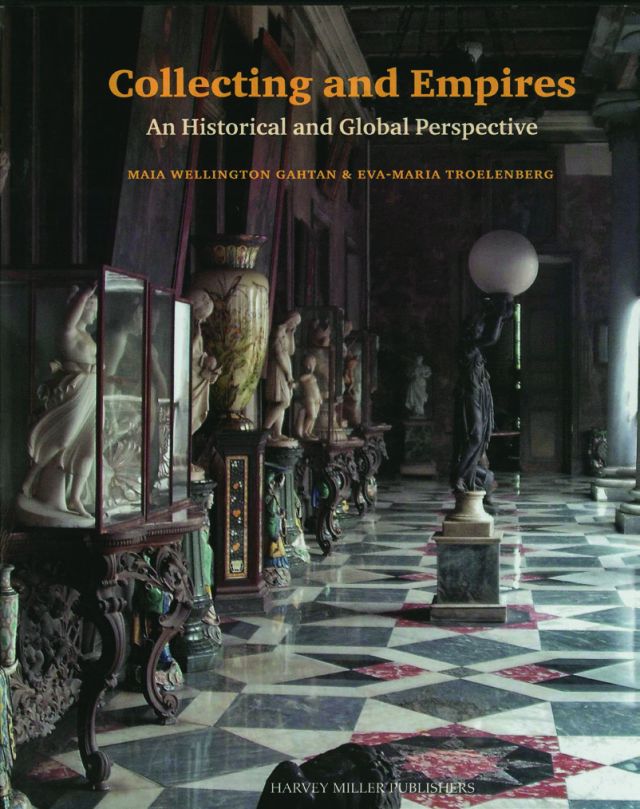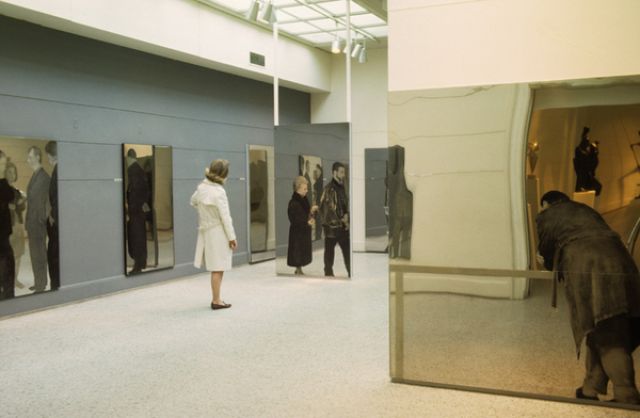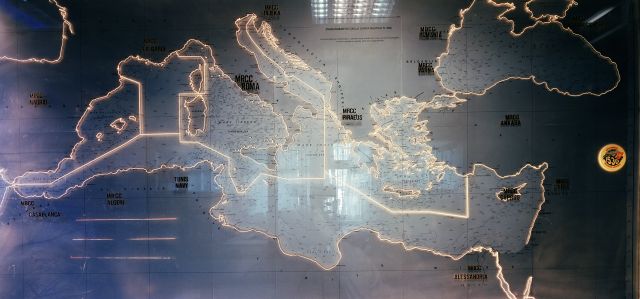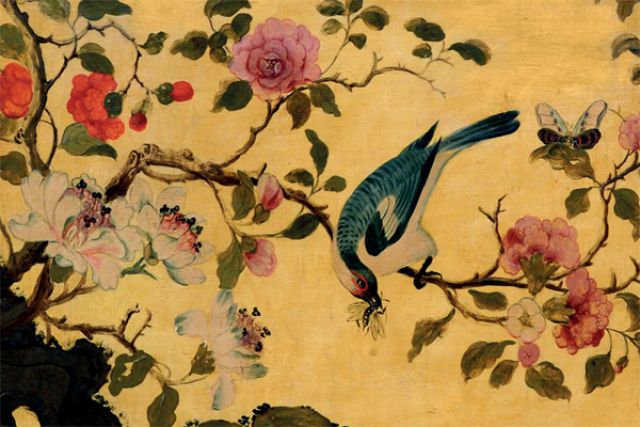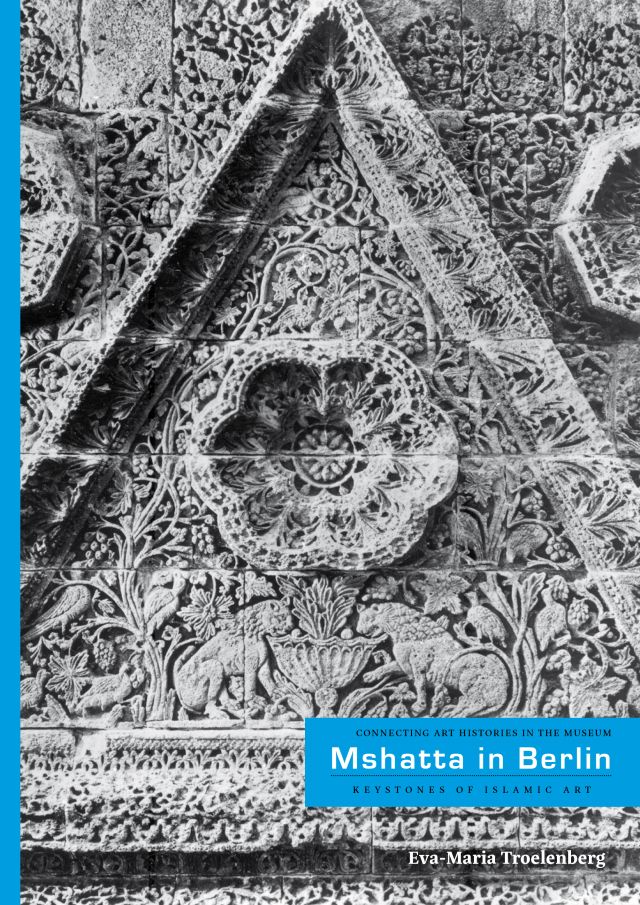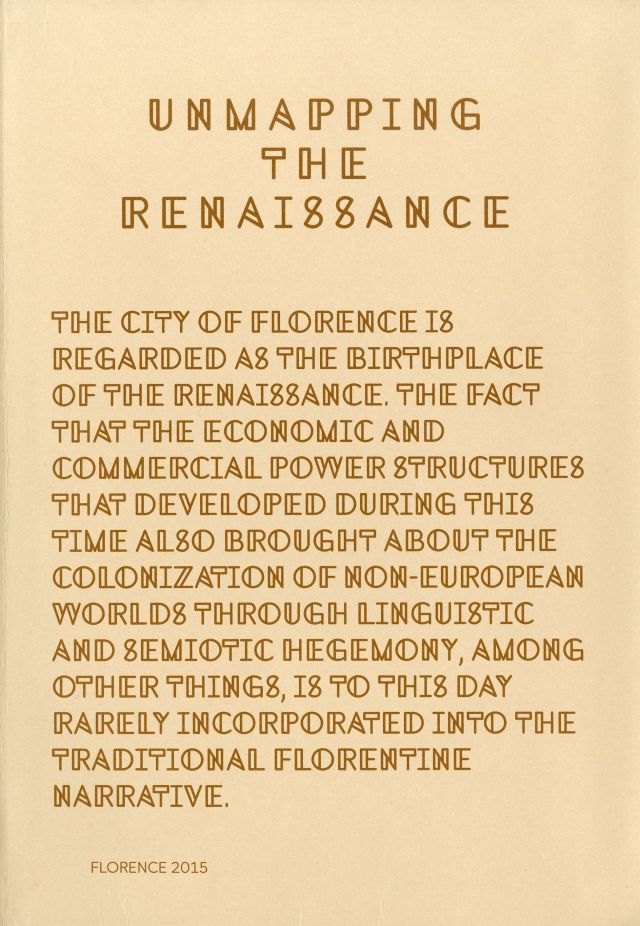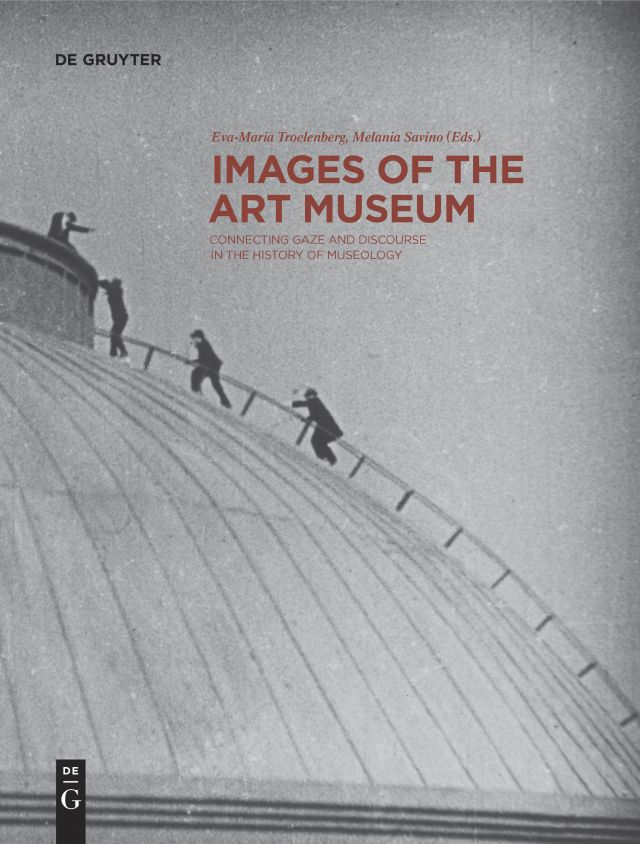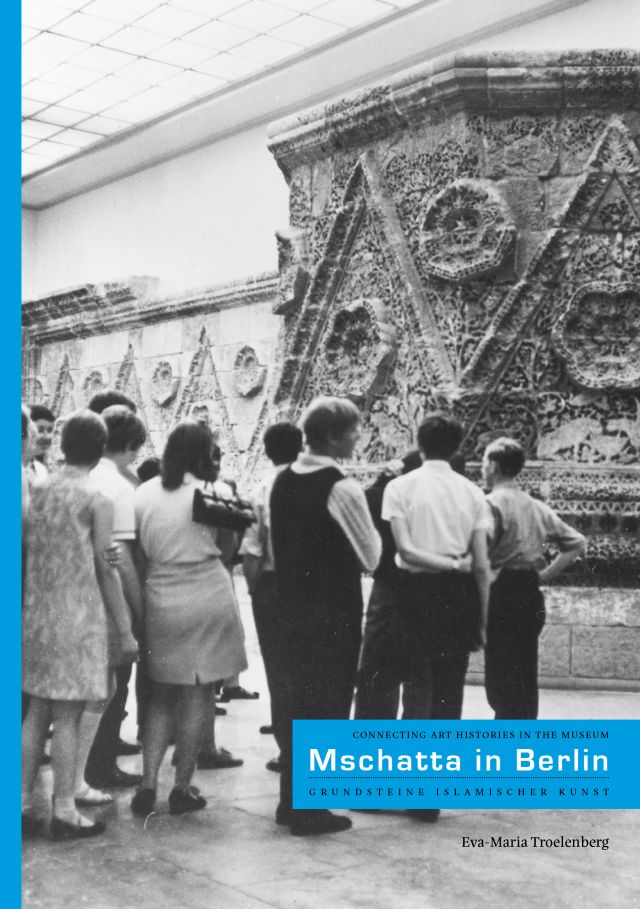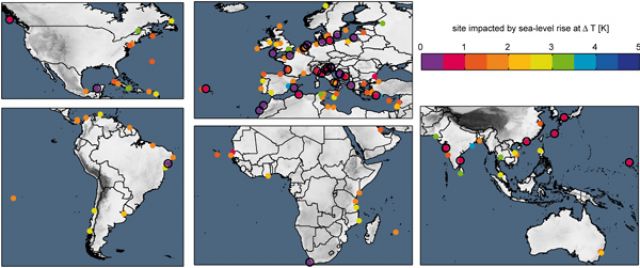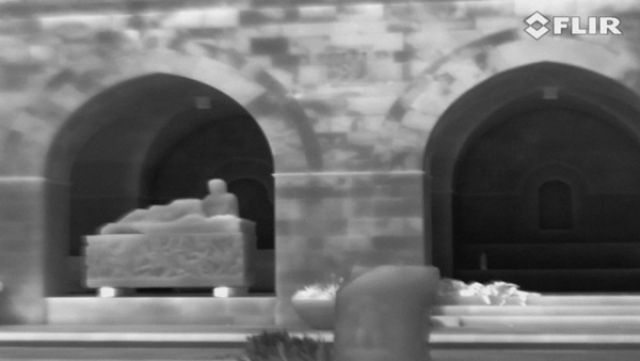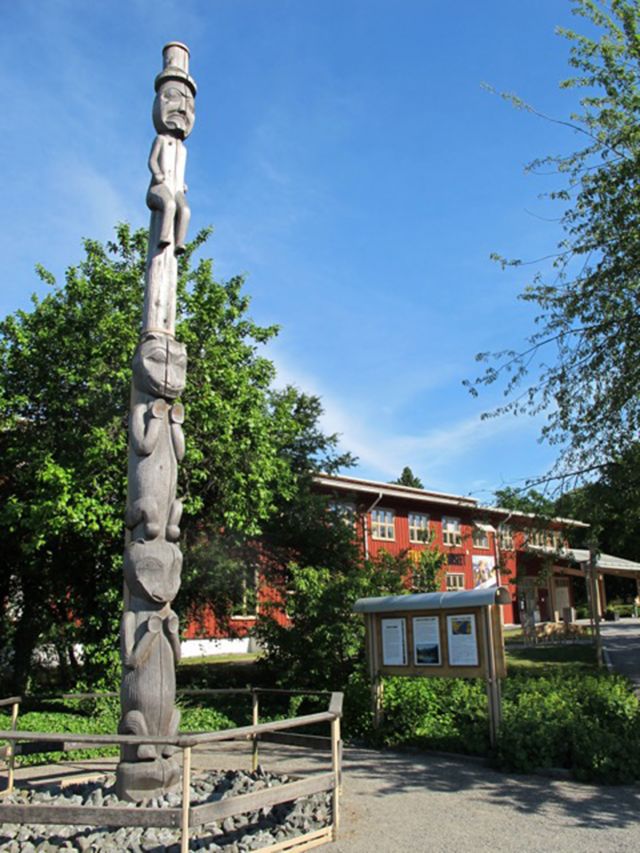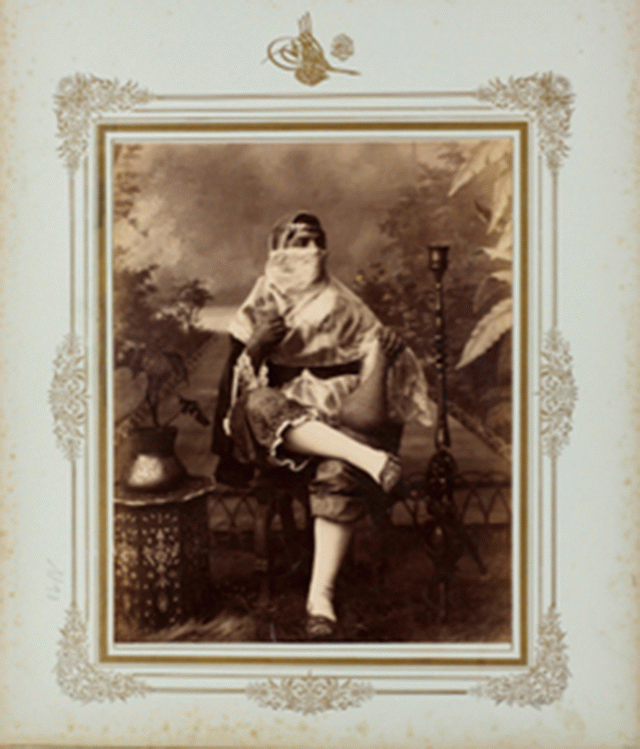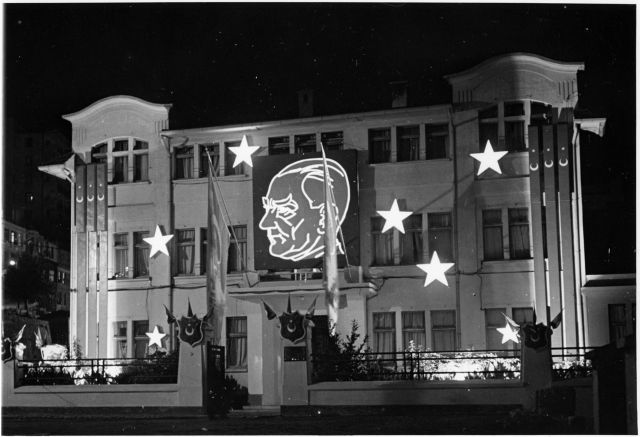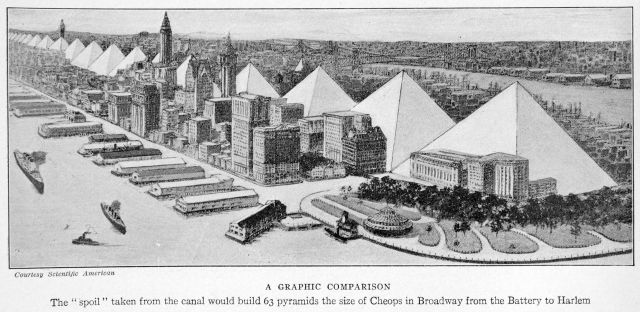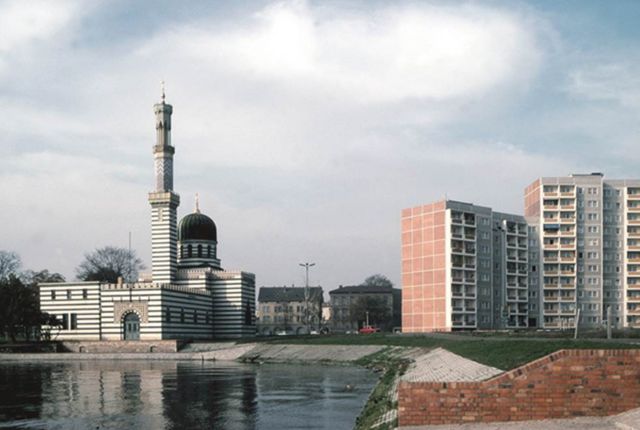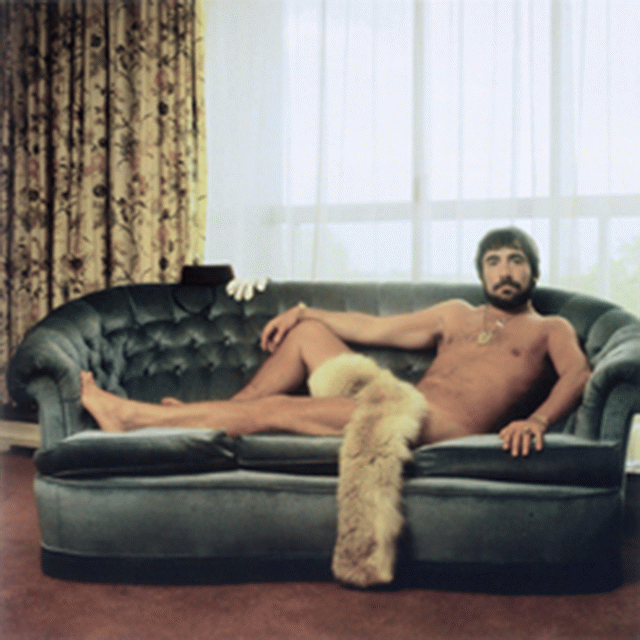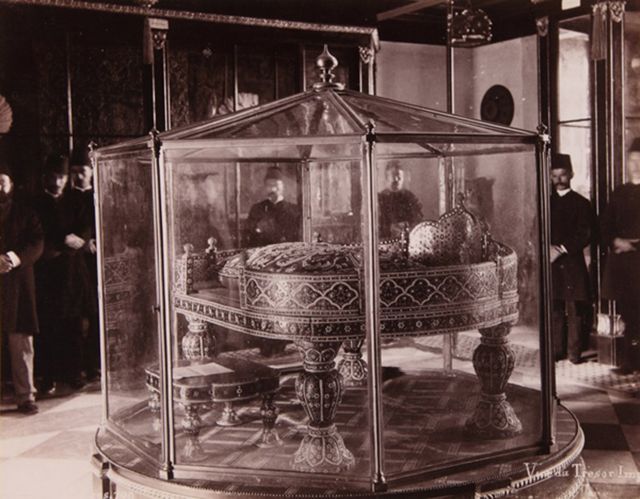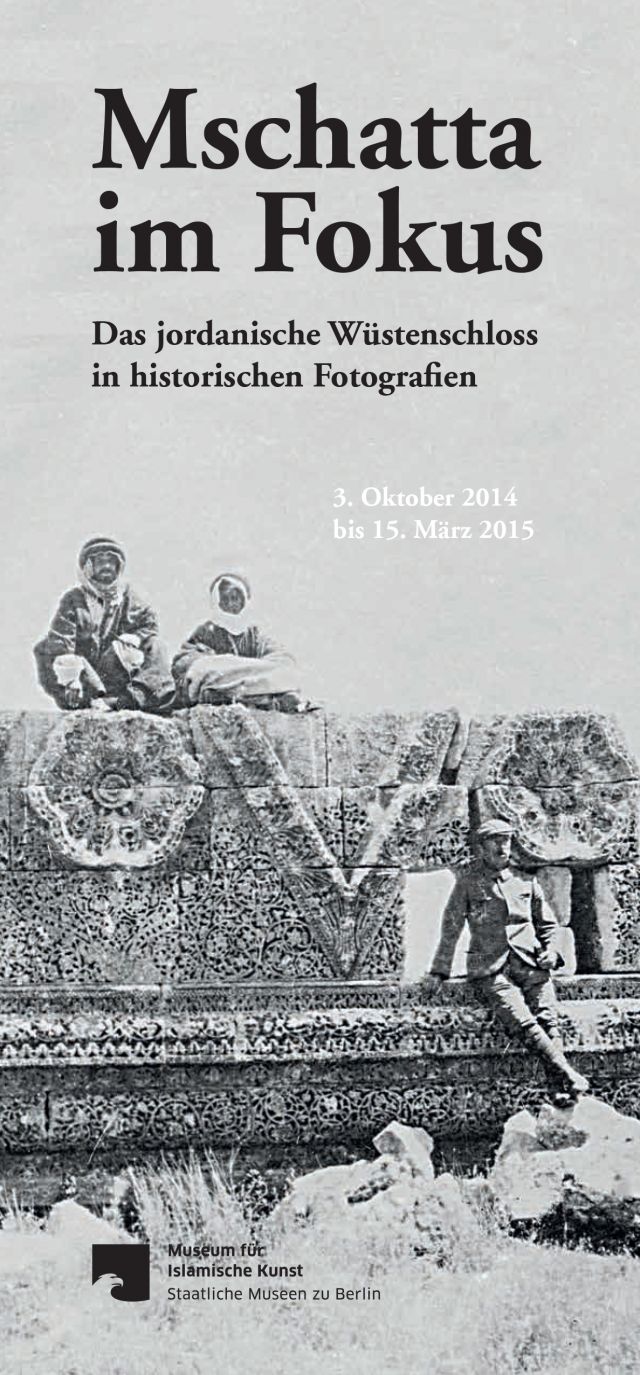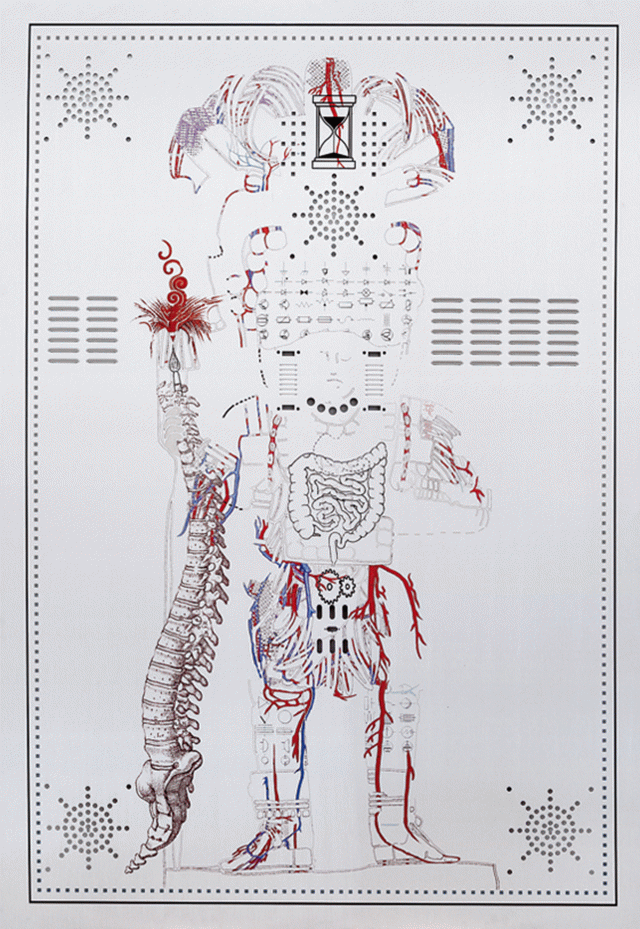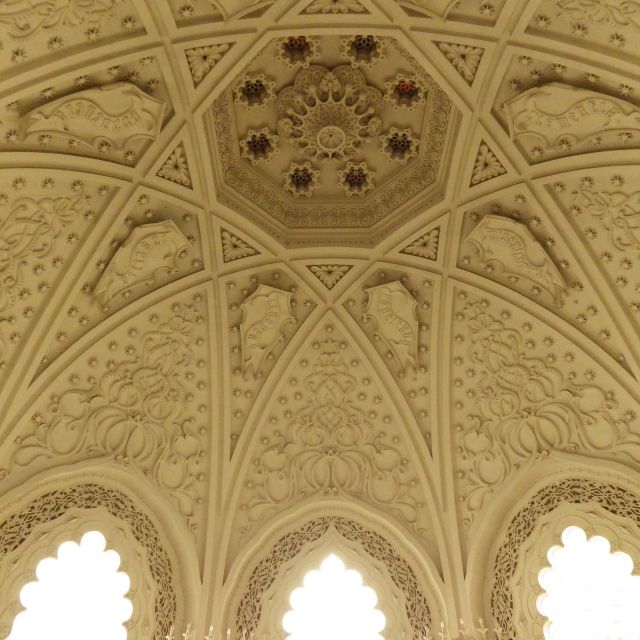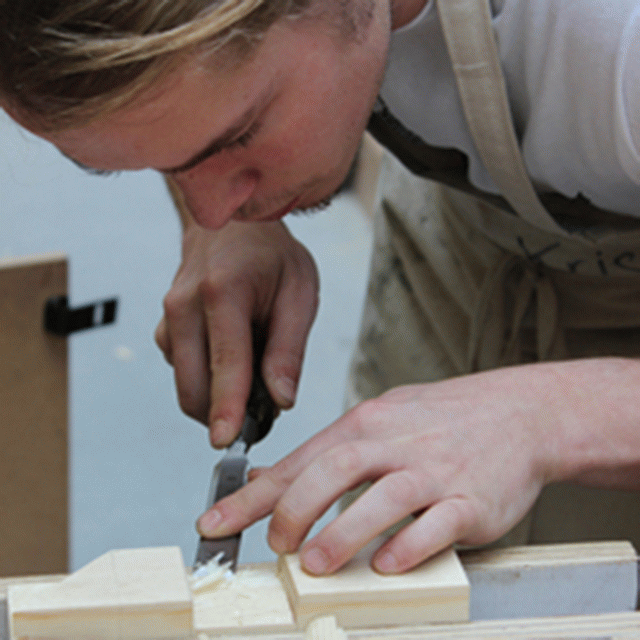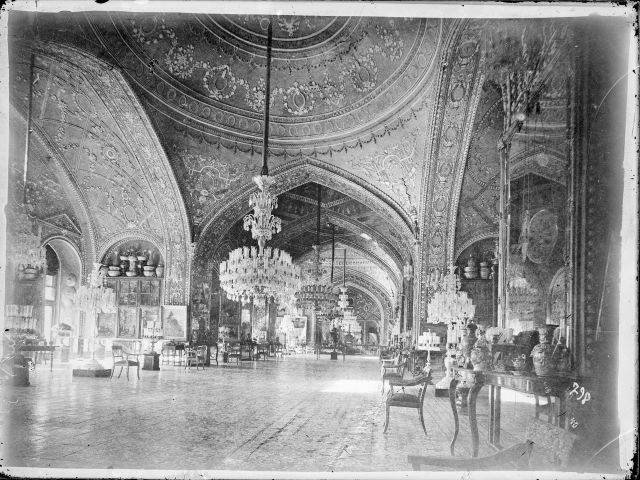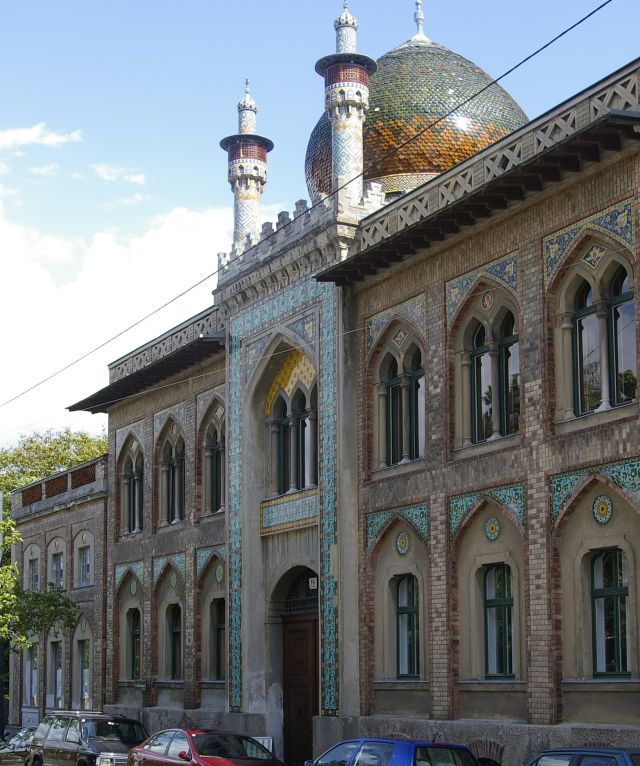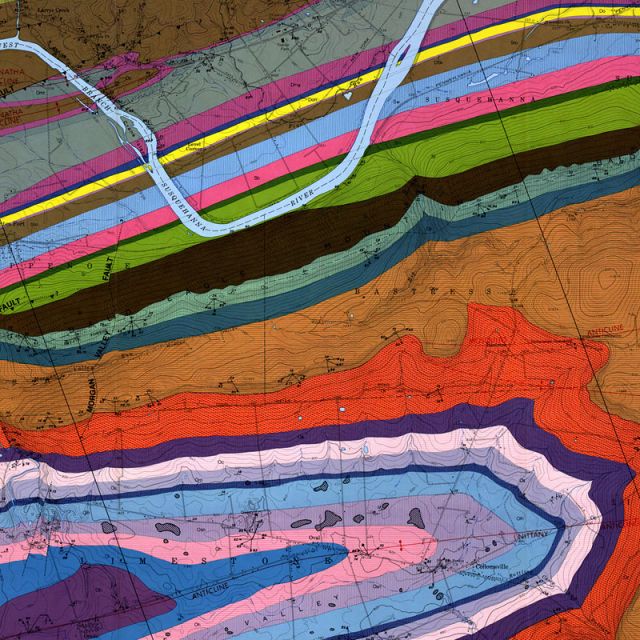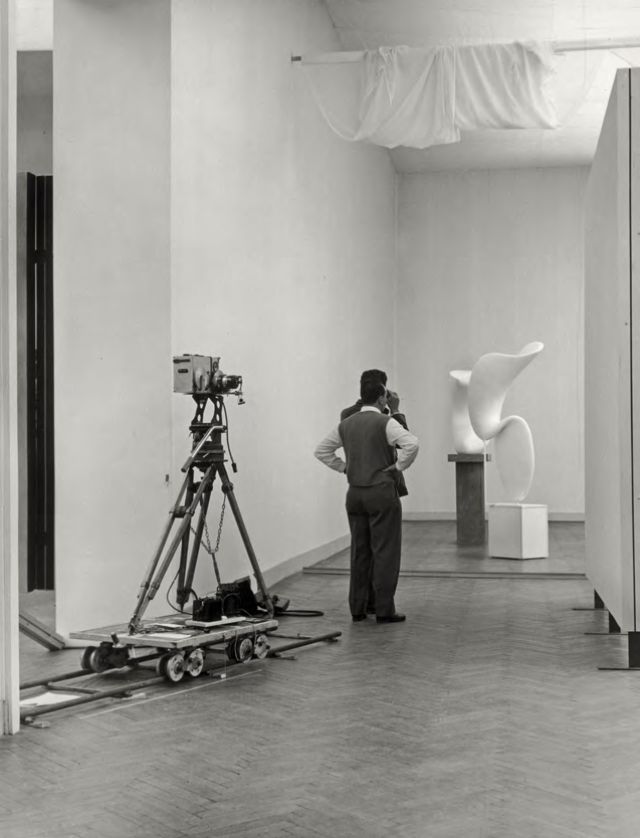Objects in the Contact Zone:
The Cross-Cultural Lives of Things
Max Planck Research Group
Eva-Maria Troelenberg
Tempo di esecuzione: 2011 – 2018
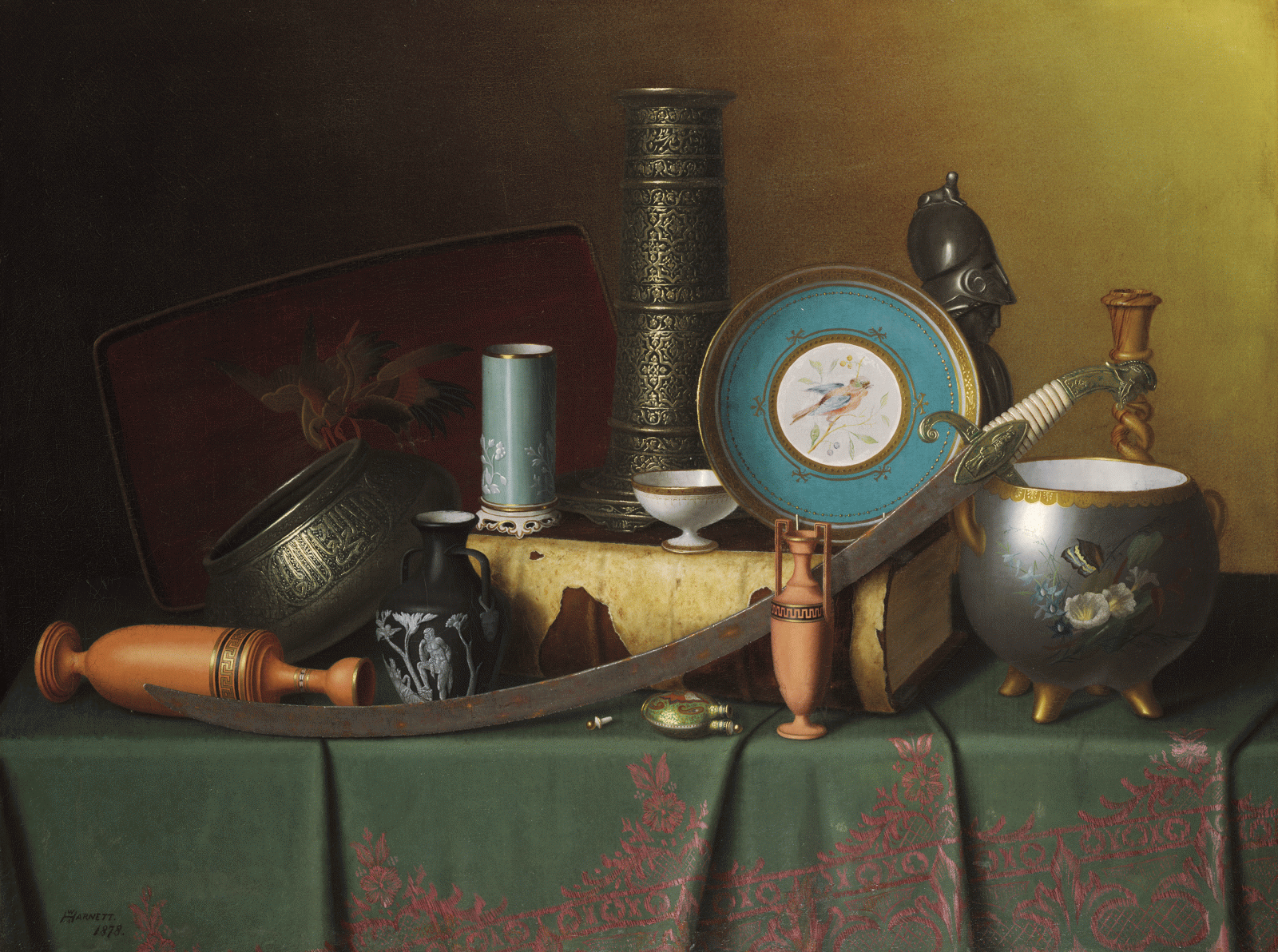
Tra le sfide maggiori della storia dell'arte c'è oggi la globalizzazione con tutte le sue implicazioni culturali, sia in relazione alla narrazione storica che alle metodologie contemporanee. Alla luce della crescente internazionalizzazione sia della scienza storico-artistica, sia del pubblico dei musei, appare sempre più importante effettuare un'analisi (auto)critica della situazione in cui si trova la disciplina, un'analisi che è al centro delle discussioni attuali relative alla storia dell'arte e oltre.
Il gruppo di ricerca Max-Planck Objects in the Contact Zone – the Cross-Cultural Lives of Things intende in primo luogo connettere il concetto di 'zona di contatto' con la ricerca storico-artistica applicata all'oggetto in campo transculturale. Il fulcro dell'indagine è costituito da oggetti e opere d'arte di origine extraeuropea e conservati in musei e collezioni, che vengono riprodotti, descritti, analizzati e categorizzati attraverso arti figurative o media visivi. Tali oggetti si trovano in una zona di contatto in cui si dispiegano specifiche categorie epistemiche e condizioni ricettive. Tali condizioni possono essere connesse con l'aura, la provenienza o la biografia di un oggetto così come con la predisposizione e l'intenzione di chi lo recepisce, in modo tale che si creano interazioni a più livelli. Il progetto segue in tal senso un approccio potenzialmente asimmetrico, ma di fatto soprattutto reciproco e policentrico. Sulla base di alcuni casi esemplari vengono analizzati processi e categorie della produzione del sapere in tali zone di contatto.
Questi esempi trattano la storia della ricezione di singoli oggetti o gruppi di oggetti, per come essi vengono mediati attraverso musei, collezioni, pubblicazioni e altre pratiche visuali e performative in epoca coloniale e postcoloniale. Un nucleo tematico è rappresentato dai processi di scambio nella moderna area - globalmente connessa - del Mediterraneo, a partire dal 1800 circa.
L'analisi complessiva dei nostri casi esemplari può contribuire a una nuova valutazione critica di affermate narrazioni, categorie e concetti chiave dei "transcultural studies". Essendo un approccio del genere sempre connesso con questioni di storia delle istituzioni e della scienza, le nostre ricerche interdisciplinari sono state suddivise nei campi seguenti:
- Storia e teoria dei musei e delle esposizioni nel contesto transculturale
- Teorie dell'agenticità per storie dell'arte policentriche e transculturali
- Funzioni e connotazioni politico-sociali di differenze e convergenze estetiche
- Approccio critico ai canoni di storia dell'arte
Rhea Blem is completing her bachelor's degree in art history at the University of Zurich. Her research focus is on African arts and aesthetics, their reception and representation both historically and in a contemporary environment, the migration of materials, museological practices and strategies of display. Further interests include the history of utilitarian objects, Postcolonial Theory and Art History in a global context.
Felicity Bodenstein is a post-doctoral fellow at the musée du quai Branly - Jacques Chirac in Paris. As a museum historian, her work focuses in particular on questions of display and representation in colonial and post-colonial contexts. In September 2017, she will join the project ‘translocations’ at the Technische Universität in Berlin dedicated to issues of displaced art.
Alison Boyd is currently a post-doctoral research fellow in the "Objects in the Contact Zone: The Cross Cultural Lives of Things" Research Group at the Kunsthistorisches Institut in Florenz - Max-Planck-Institut. She completed her Ph.D in Art History and Gender and Sexuality Studies at Northwestern University. Her main areas of research are Modern and Contemporary Art, Art of the African Diaspora, Feminist Art History, and the politics of display.
Sria Chatterjee is currently a PhD candidate at Princeton University and doctoral fellow at the Kunsthistorisches Institut in Florenz - Max-Planck-Institut. Her dissertation focuses on the relationships between art, ecology and politics in modern India. Her further research interests lie in Visual Culture and Environmental Humanities, Art History and Anthropology, Postcolonial and decolonial art histories and transnational histories of art and design.
Elahe Helbig is an art and cultural historian whose research focuses on the disciplinary trajectories of photography in Iran and pertains to corresponding fields, like practices of visual representation, political iconography and transnational artistic exchanges. She is currently conducting comparative studies on landscape photography in Iran at the Center for Studies in the Theory and History of Photography at the University of Zurich.
Anna Sophia Messner is an art historian and currently a doctoral fellow at the Kunsthistorisches Institut in Florenz - Max-Planck-Institut and PhD candidate at Ludwig-Maximilians-Universität München. Her research focus includes modern and contemporary art in a global context, Jewish art and historiography, visual culture of Israel and Palestine, history and theory of photography, art history and postcolonial theory.
Emily Neumeier has completed her PhD at the University of Pennsylvania and is currently the ACLS Postdoctoral Fellow at The Ohio State University, teaching in the History of Art department. Her research concerns the art and architecture of the Islamic world from the early modern period until the present day, specializing in the Ottoman Empire and modern Turkey.
Erin Hyde Nolan is an art historian and currently a visiting assistant professor at the Maine College of Art in Portland, Maine. Her research focuses on the circulation of photographs from the Ottoman and Middle Eastern worlds, migration and photography, the intersection of photographic portraiture and ethnography as well as institutional and archival photographic practices.
Kerstin Schankweiler is an art historian and currently a post-doctoral researcher in the Collaborative Research Centre "Affective Societies" at Freie Universität Berlin. Her research focus includes Image Practices in Social Media, Contemporary Art from Africa, Art History and Postcolonial Theory, Art History in a global context.
Cristiana Strava is a social anthropologist and currently an Assistant Professor in the School of Middle Eastern Studies at Leiden University. Her research focuses on questions of ethnographic method, the relationship between urban space and social transformations, and the social and political role of material culture in postcolonial contexts.
Frederika Tevebring holds a PhD in Comparative Literary Studies from Northwestern University. Her research explores the way that Ancient Greece has been used as a foil for modern national identities, especially in Germany. Frederika(She?) is particularly interested in mythological figures that have been described as obscene or sexual and how these have contrasted with idealizing notions of Ancient Greece.
Eva-Maria Troelenberg is head of the Max-Planck-Research Group "Objects in the Contact Zone – The Cross-Cultural Lives of Things" at Kunsthistorisches Institut in Florenz – Max-Planck-Institut. She has taught the history of Islamic art, modern global art history and transcultural museum history at the Universities of Vienna and Heidelberg and as a visiting professor at LMU Munich and University of Zürich. Her recent publications include the monograph "Mshatta in Berlin – Keystones of Islamic Art" (Dortmund 2017) as well as the edited volume "Images of the Art Museum – Connecting Gaze and Discourse in the History of Museology" (Berlin 2017).
Theodore Van Loan is a Ph.D. candidate at the University of Pennsylvania currently completing his dissertation in the Department of the History of Art entitled, "Umayyad Visions: Charting Early Islamic Attitudes Toward Visual Perception. His research focus includes Early Islamic art and architecture (622-1000 C.E.), visual and aesthetic theory, and methodologies of art history.
Matthias Weiß is an art historian and currently a visiting professor at the Kunsthistorisches Institut, Freie Universität Berlin. Also a long-term member of the Max Planck Research Group at the Kunsthistorisches Institut in Florenz – Max-Planck-Institut, he curated the exhibition "Exchanging Gazes. Between China and Europe 1669–1907", which is a cooperation with the Kunstbibliothek, Staatliche Museen zu Berlin.
Tom Young is in the third and final year of a Ph.D. at the University of Cambridge, studying the art of the East India Company. He read history of art at Cambridge for both his undergraduate and MPhil degrees, and has been supported in his current research by the AHRC, the Paul Mellon Centre, and the Yale Center for British Art.



